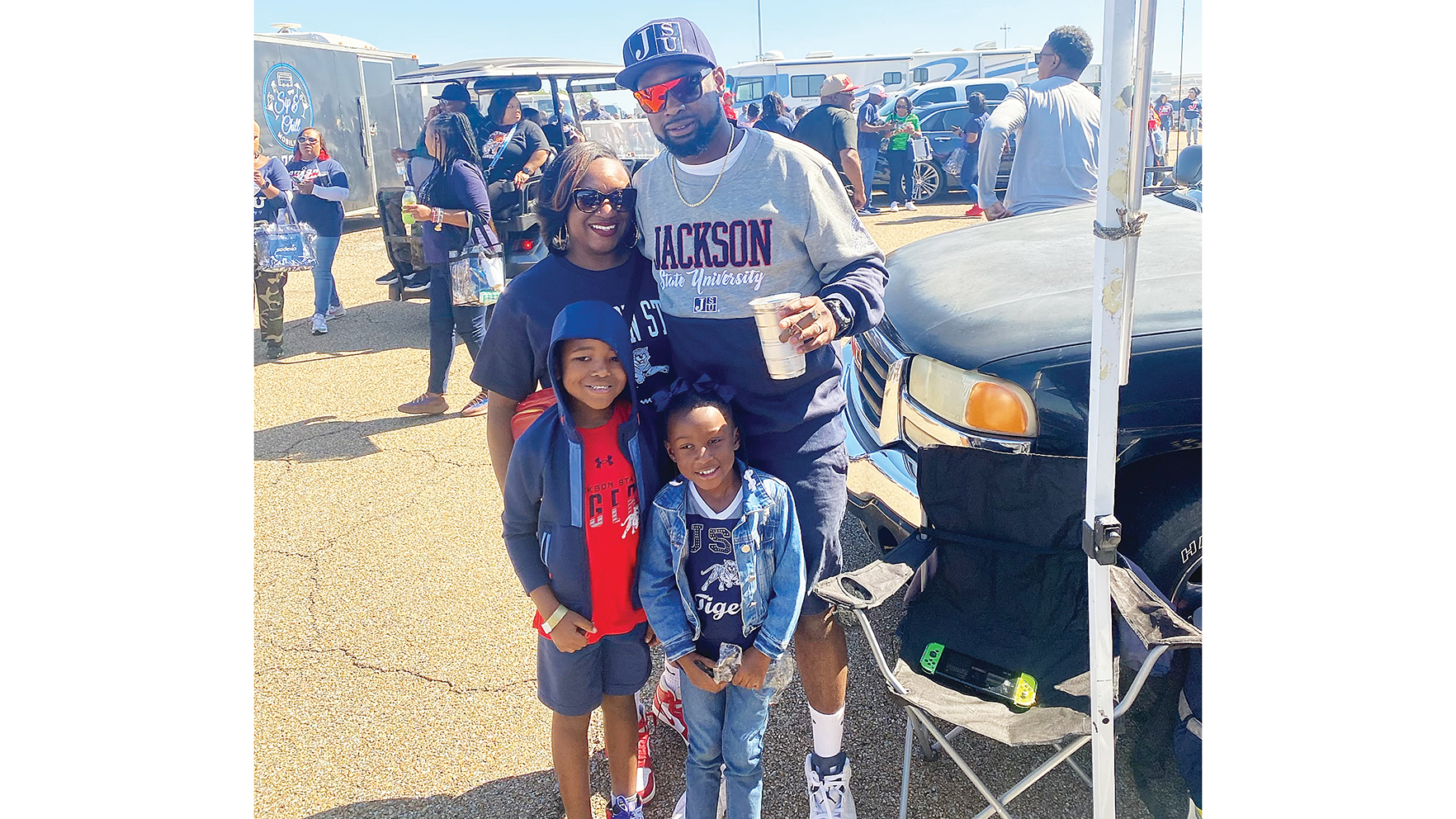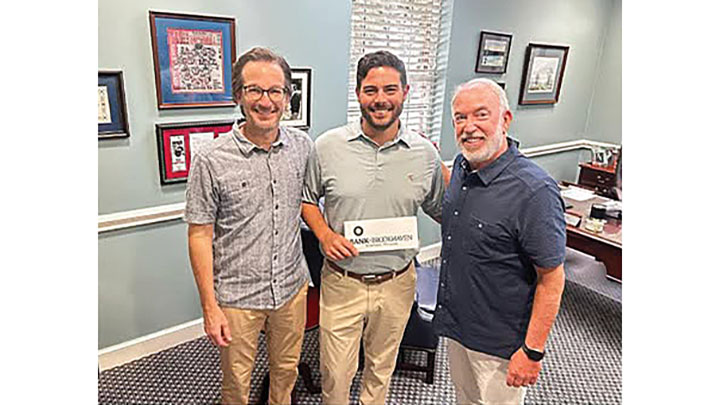When tomorrow starts without me
Published 7:54 pm Tuesday, August 22, 2017
On the morning of Dorsie McKnight’s funeral, I ran my guts out. It was a premeditated strategy, plotted during a series of pre-run stretches. My intention was push it hard all the way from the Calcotes’ driveway past her place, keeping my gaze pavement-focused and averted from her mailbox. Her porch. Her Lincoln Town Car. Her.
A bird, however, blew my plan. To be precise, it was a Canadian goose, and he was standing solo there at the edge of her pond looking straight at me. I slowed my pace. He didn’t move. Odd, I thought to myself, then pressed on.
That was about seven hours prior to Ms. Dorsie’s casket being rolled down the aisle at Robinson Baptist Church. My daughters and I were sitting near the back, the skirts of our black dresses fanned out across a wide pew while a preacher did double duty at the front, singing “How Great Thou Art” and telling the lot of us Ms. Dorsie was better off. There is something sobering about watching as the lid of a coffin is closed, especially when someone reads from a poem the deceased had filed away called “When Tomorrow Starts Without Me.” The feeling seems to be compounded when you are sitting under a soaring beadboard ceiling that was nailed into place in 1884. How many funerals had these old walls seen, I wondered. How many mentions of dust to dust?
Trending
For us, Ms. Dorsie was an 83-year-old neighbor who had shared Easter hams and her pond when my sons needed to earn their swimming merit badge. She was the animal lover who asked Daughter No. 1 to turn on the TV for her dogs when she took a trip to Branson.
The nephew behind the pulpit knew a bio of greater proportions. He spoke of a woman who caught the legal limit of halibut on an Alaskan cruise and once refused a ride from Ross Barnett.
“My daddy taught me not to talk to strangers,” she reportedly told the then-governor, rain puddling at her feet.
That particular tale came from Ms. Dorsie’s nursing school days. A navy wool nurse’s cape and an antiquated stethoscope on a table near her casket did as well, the tangible remains of a caregiving career that stretched out a solid 52 years. My bunch was more familiar with her blood pressure cuff, though. She’d brought it couch-side after my husband’s knee surgery and a couple of times when someone in the family was feeling woozy.
Most of her caring centered on an only son. Ms. Dorsie had a fine portrait of him done when he was a toddler, and it hung in her foyer. I had admired it more than once. Likenesses change. These days he’s full-grown, riding her Kubota and parking his truck in her driveway.
And wearing a red rose pinned to his collar while he trails behind a coffin on the long walk from a steeple to a cemetery.
Trending
I made my way to that cemetery too, falling in step behind the faithful 15 who had traveled down to Amite County on the Mt. Zion church bus. When you brave 90-something degrees and an onslaught of lovebugs to show something as abstract as respect, things come back to you there among the headstones.
Like how she fed your goats (those butting ones) when you went on vacation, and gave you seed for the chives you grew early last spring. They had a note attached.
While the preacher finished up under that dark green tent, my mind also went back to earlier that morning, when I ran by her place for the second time on my way home and that goose was still standing there.
I stopped the sound of the podcast I was listening to and stood there as still as I could and snapped his picture. I’ve seen cranes there at that pond, and turtles and a fawn and even had a swarm of bees pass overhead while I’m running, but I’ve never seen such a statue of a bird, out of place and out of the ordinary.
I think Ms. Dorsie, a lady who drove up and down the road with her three-legged lab riding shotgun, would have liked that.
Kim Henderson is a freelance writer. Contact her at kimhenderson319@gmail.com.





